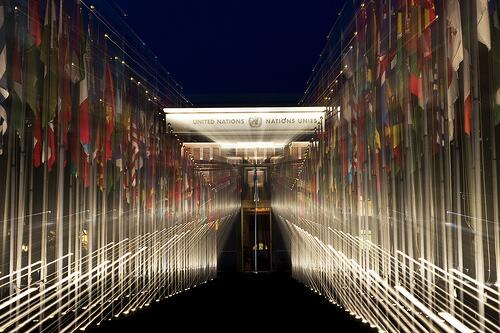
Sep 26, 2014 | News
As the UN Human Rights Council approached the conclusion of its 27th regular session tonight, it adopted resolutions including on the topics of violence and discrimination on the basis of sexual orientation or gender identity and the protection of civil society space.
The resolutions on civil society space, and on non-violence and non-discrimination on grounds of sexual orientation or gender identity, were adopted after a series of hostile amendments were defeated.
The resolution on sexual orientation and gender identity, led by Brazil, Chile, Colombia and Uruguay, recognizes the worldwide problem of violence and discrimination, and builds on a resolution on the same subject from 2011. It calls for the High Commissioner for Human Rights to update the report produced under the 2011 resolution.
The States that supported the resolution on sexual orientation and gender identity overcame a series of amendments brought by Congo, Djibouti, Egypt, Malaysia, Nigeria, South Sudan, Uganda, and United Arab Emirates. The amendments would have among other things deleted all references to sexual orientation and gender identity from the resolution text, fundamentally changing its purpose, and perpetuating a complete denial of the very real violence and discrimination inflicted on lesbian, gay, bisexual, transexual and intersex people in all regions of the world.
The civil society space resolution, which was led by Chile, Ireland, Japan, Sierra Leone, Tunisia, draws on discussions at a Panel convened by the Council earlier in the year. It affirms the valuable contribution made by civil society in countries around the world, expresses concern about the threats and challenges faced by civil society, and requests the High Commissioner for Human Rights to produce practical recommendations for addressing these threats and concerns.
The texts of the resolutions (in the final draft form on which they were adopted – the official final versions are not yet available) are available here: Civil Society Resolution Sexual Orientation Gender Identity Resolution
A joint NGO press release on the resolution on sexual orientation and gender identity is available here.
The ICJ maintains databases of jurisprudence, legislation and UN action on the topic of sexual orientation and gender identity.
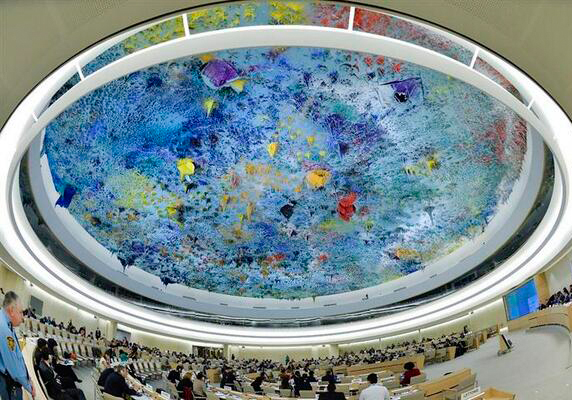
Sep 16, 2014 | Advocacy, Non-legal submissions
ICJ affiliate the Colombian Commission of Jurists today delivered an oral statement at the UN Human Rights Council, concerning enforced disappearances in Thailand.
The statement noted that of the 81 cases transmitted by the Working Group on Enforced or Involuntary Disappearances to the Royal Thai Government between 1980 and 2014, the Government has clarified only two (A/HRC/27/49, 5 August 2014).
The statement highlighted the case of Somchai Neelapaijit, a lawyer and human rights defender, who was subjected to enforced disappearance more than 10 years ago but whose case remains unresolved. I also described the recent disappearance of Pholachi “Billy” Rakchongcharoen, a Karen minority human rights activist, who has not been seen since April 2014, when he was last seen in the custody of certain public officials with whom he and his community were engaged in an ongoing legal dispute.
The statement emphasised that Thailand must effectively investigate all cases and provide victims, including family members, withfull remedies and reparation. Enforced disappearance should be a distinct crime in domestic law, with penalties reflecting its extreme seriousness. Thailand should also accept the 30 June 2011 visit request of the Working Group and ratify the Convention for the Protection of All Persons from Enforced Disappearance, which it signed on 9 January 2012.
Thailand exercised its right of reply to respond to the oral statement.
The statement can be downloaded in PDF format here: Thailand-EnforcedDisappearance-Advocacy-non legal submission-2014-ENG
The statement and reply can be viewed in the UN video archive, here.
A written version of the reply by Thailand (unofficial, the official reply is as delivered in the video above) can be downloaded in PDF format here: Thailand_R of Reply_GD_18
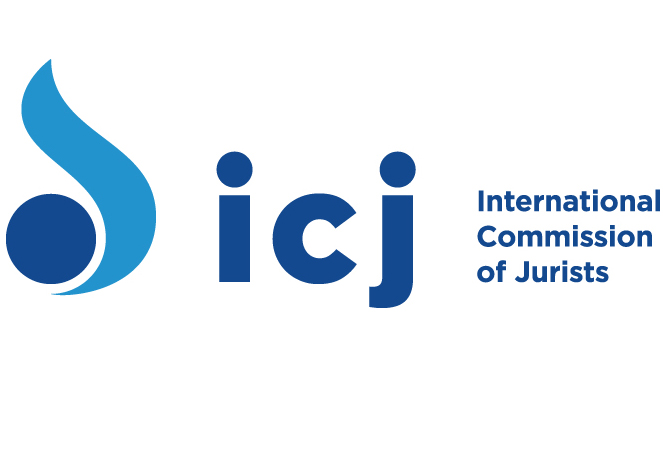
Aug 12, 2014 | Events
Matt Pollard and Alex Conte, of the ICJ’s International Law and Protection Programmes, will give presentations during the Global Consultation on the Right to Challenge the Lawfulness of Detention, to be held in Geneva on 1-2 September 2014.
The UN Working Group on Arbitrary Detention, in cooperation with the Office of the UN High Commissioner for Human Rights, will convene the Consultation. The aim of the two-day meeting is to seek input on the development by the Working Group of draft basic principles and guidelines on remedies and procedures on the right of anyone deprived of his or her liberty, by arrest or detention, to bring proceedings before court, in order that the court may decide without delay on the lawfulness of his or her detention and order his or her release if the detention is not lawful.
ICJ experts, Matt Pollard and Alex Conte, will be members of two panel discussions during the Global Consultation, respectively on the framework, scope and content of the right to court review of detention and on exercise of that right in situations of armed conflict, state of emergency or for counter-terrorism purposes.
The ICJ has already made two written submissions to the Working Group on Arbitrary Detention on the subject, in November 2013 and April 2014.
Go to the OHCHR webpage on the Global Consultation
See the ICJ’s written submissions to the Working Group on Arbitrary Detention
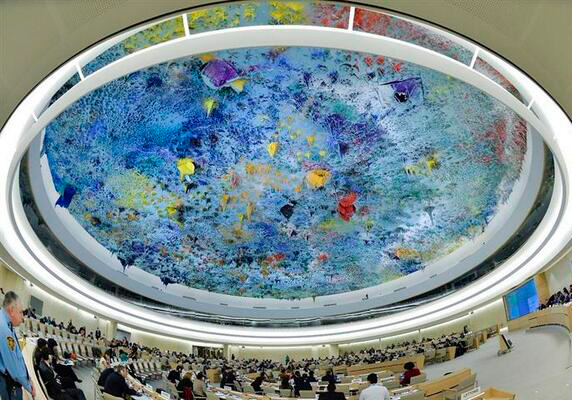
Jun 18, 2014 | Advocacy, Non-legal submissions
The ICJ delivered an oral statement to the UN Human Rights Council, during the interactive dialogue with the Commission of inquiry on the Situation on human rights in the Syrian Arab Republic.
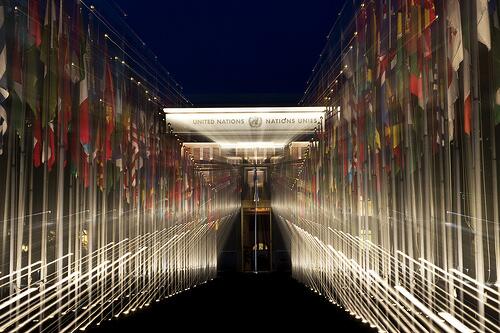
Jun 16, 2014 | Advocacy, Non-legal submissions
The ICJ today made an oral statement at the UN Human Rights Council, in the interactive dialogue with the Special Rapporteur on the independence of judges and lawyers, responding to her report on her visit to the Russian Federation.









